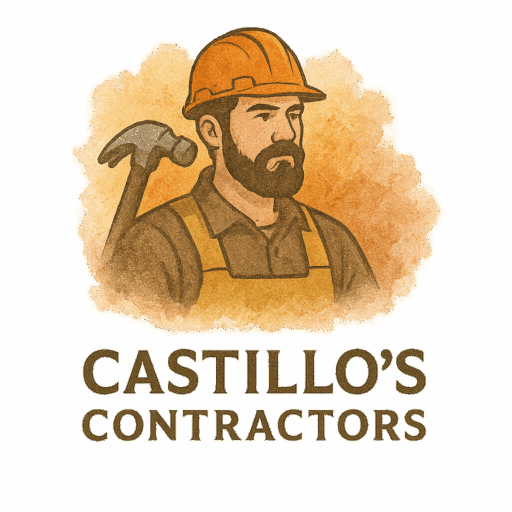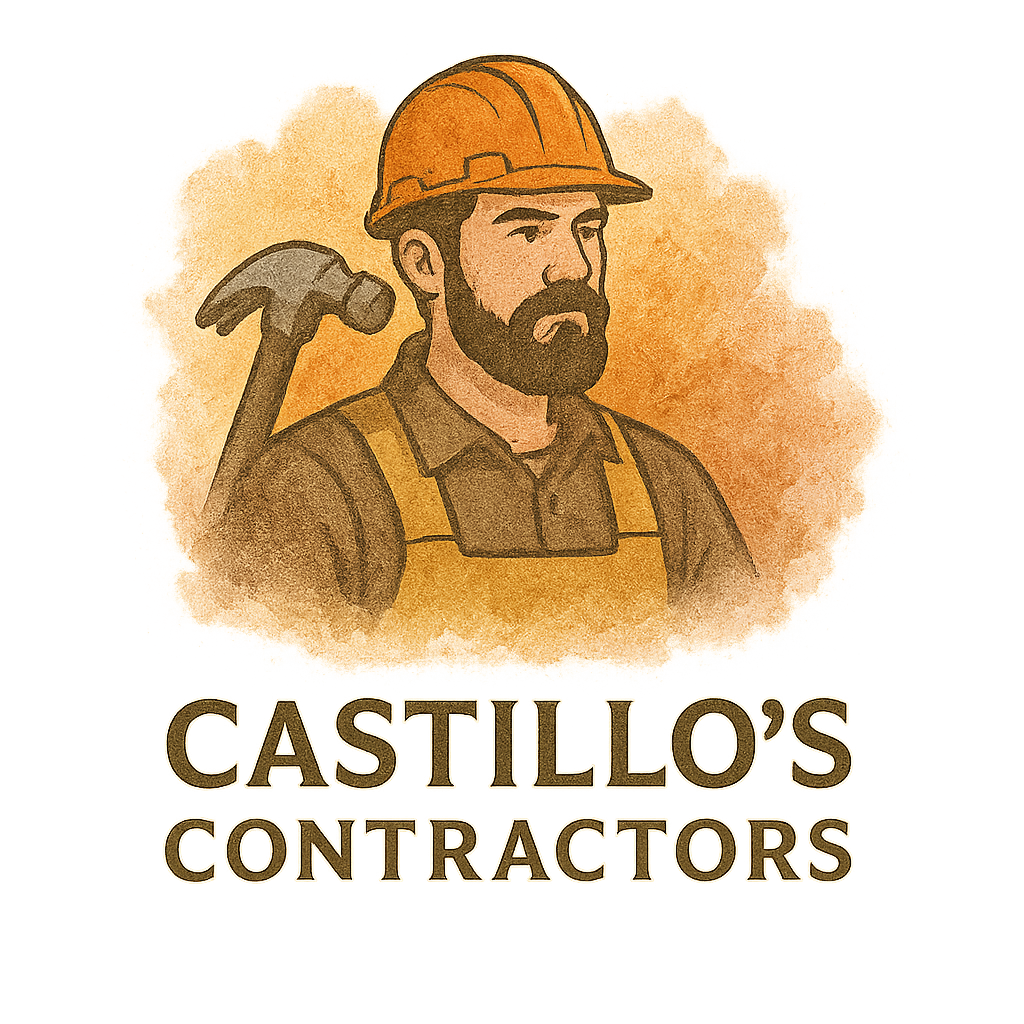Hiring a residential contractor isn’t something you do every day—so it’s crucial to ask the right questions before handing over your home (and hard-earned money) to someone else. This guide breaks down the 6 essential questions to ask your residential contractors before starting any project, along with expert tips, real-life analogies, and helpful internal links to make your construction journey smooth and successful.
Why Asking the Right Questions Matters
Before the first nail is hammered or wall torn down, the most powerful tool at your disposal isn’t a drill—it’s information. Asking the right questions helps avoid unexpected costs, project delays, and communication breakdowns.
When you’re investing in your home, whether it’s a major remodel or a minor renovation, clarity is your best friend.
Understanding the Role of Residential Contractors
What Does a Residential Contractor Do?
A residential contractor manages all aspects of a home renovation or construction project. From hiring subcontractors to obtaining permits and ensuring quality, they’re your go-to expert for building or remodeling your space.
For more details on what residential contractors handle, check out this helpful guide on residential contractors.
Residential vs. Commercial Contractors
While both manage construction projects, residential contractors focus solely on homes and apartments. Commercial contractors handle office buildings, stores, and other non-residential spaces. If you’re exploring broader projects, check out commercial contractor services.
1. Are You Licensed and Insured?
Why Licensing Matters
Think of licensing as your contractor’s resume. It shows they’ve met local requirements and are approved to do the work legally and professionally. Unlicensed contractors can disappear overnight, leaving your project in chaos.
Explore more about contractor qualifications in our expert contractor insights.
Understanding Contractor Insurance
If something goes wrong—like property damage or an on-site injury—insurance protects both you and the contractor. Always request proof and verify it’s up-to-date.
Want to avoid major risks? Check out our article on construction tips to prepare ahead of time.
2. Can You Provide References or a Portfolio?
The Power of Testimonials
A good contractor will happily provide references. Talking to past clients gives you insight into their professionalism, timeliness, and quality of work.
You can also explore reviews through our reliable contractor directory.
What to Look for in a Portfolio
Look for diverse projects, quality finishes, and before-and-after transformations. This helps ensure they have real experience, not just good sales talk.
See remodeling examples on our renovation and remodeling page.
3. What’s the Project Timeline and Milestones?
Setting Realistic Expectations
A clear timeline helps you plan your life around the project. Ask for start and end dates, and understand the flow of work.
For smoother project execution, refer to our project planning tips.
Handling Delays Like a Pro
Delays happen—whether due to weather or supply chain issues. A good contractor will communicate proactively and adjust accordingly.
Learn more about how to adapt with our guide on construction tips.

4. Who Will Be On-Site Daily?
Importance of On-Site Supervision
You want to know who’s actually showing up every day. Is it the contractor, a foreman, or rotating subcontractors?
Regular supervision ensures the job gets done right the first time—no corner-cutting or miscommunication.
Communication with the Project Manager
You should know who to contact with questions or issues. If you don’t have a direct line, that’s a red flag.
You can find more red flags to avoid in our post on hiring contractors.
5. What’s Your Payment Schedule?
Red Flags in Payment Terms
Be wary of anyone asking for full payment upfront. A fair contractor usually requires a deposit and progressive payments tied to project milestones.
Need advice on choosing wisely? Check out contractor hiring management.
Budgeting for Surprises
Even with the best planning, surprises happen. Make sure you keep a contingency fund (typically 10-15%) to cover unforeseen costs.
Budget like a pro with our remodeling resources.
6. How Do You Handle Permits and Inspections?
Don’t Let Permits Delay You
Local codes vary widely. A reputable contractor will pull permits for you and coordinate all inspections to stay compliant.
Find more insight in our home improvement resources.
Meeting Local Code Requirements
Projects without permits can lead to fines or future sale issues. Always verify your contractor handles this.
Stay ahead of issues with our expert content on construction.
Additional Tips Before You Sign the Contract
Why Written Contracts Are Essential
A handshake isn’t enough. A written contract protects both parties and outlines scope, deadlines, and payment terms.
Explore value-driven contractor tips before finalizing your agreement.
Discussing the Warranty
Ask what happens if something breaks after the project ends. A solid contractor backs their work with a warranty—don’t skip this question.
Mistakes to Avoid When Hiring Residential Contractors
Don’t Rush the Process
Vet at least 3 contractors. Rushing into the first quote can cost more time and money in the long run.
Get more contractor tips from the pros.
Check Online Reviews and Tags
A contractor’s online presence speaks volumes. Look for detailed reviews and tags like flawless build or reliable.
Where to Find Reliable Residential Contractors
Leveraging Local Expertise
Hiring locally ensures your contractor understands local codes, suppliers, and even weather patterns.
Use Verified Resources Like Castillo’s Contractors
Need a contractor you can actually trust? Start with Castillo’s Contractors—they’re known for dependable residential and commercial builds.
Want to explore all tags related to top contractors? Browse our full tag list:
Conclusion
Hiring a contractor is a big step—probably one of the biggest in your homeownership journey. But when you know what to ask, you’re more likely to avoid delays, overcharges, and headaches. These six questions are your shield against poor workmanship and missed deadlines. Don’t just hire—hire smart. And if you’re looking for a trusted name, Castillo’s Contractors is a solid place to start.
FAQs
1. What should I ask a contractor before hiring them?
Always ask about licensing, insurance, timeline, references, and how they handle permits.
2. How can I tell if a contractor is reliable?
Check reviews, ask for references, and confirm they’re licensed and insured.
3. What’s a normal payment schedule for a home project?
Typically, 10-20% upfront, then installments tied to project milestones.
4. Should the contractor get the permits or should I?
The contractor should handle this—it’s part of their job.
5. What if my contractor doesn’t follow the schedule?
Address it immediately. A good contractor will offer a revised plan.
6. How do I find a residential contractor near me?
Start with local directories or trusted companies like Castillo’s Contractors.
7. Can I negotiate with a contractor?
Absolutely! Just ensure all changes are documented in the final contract.


